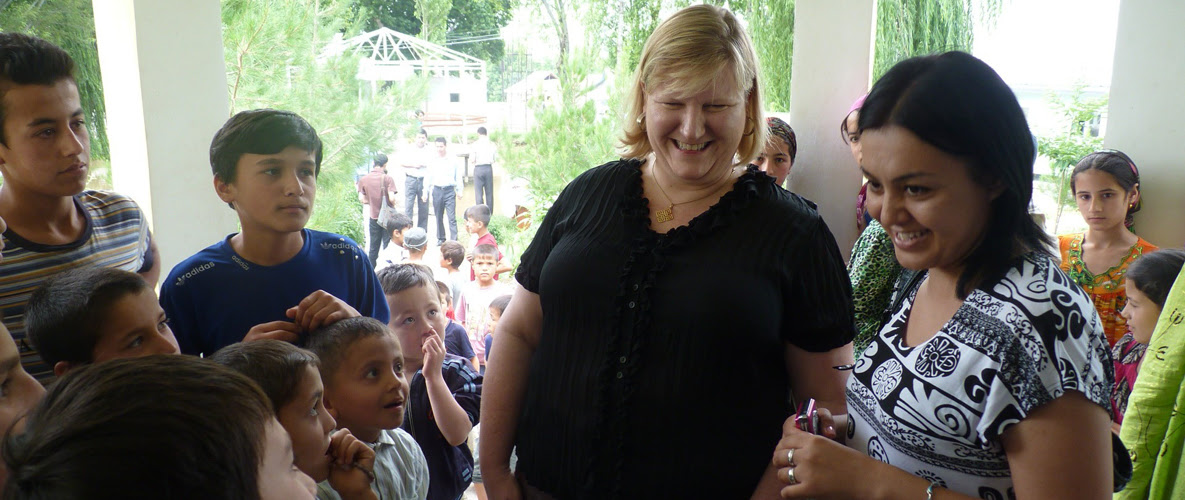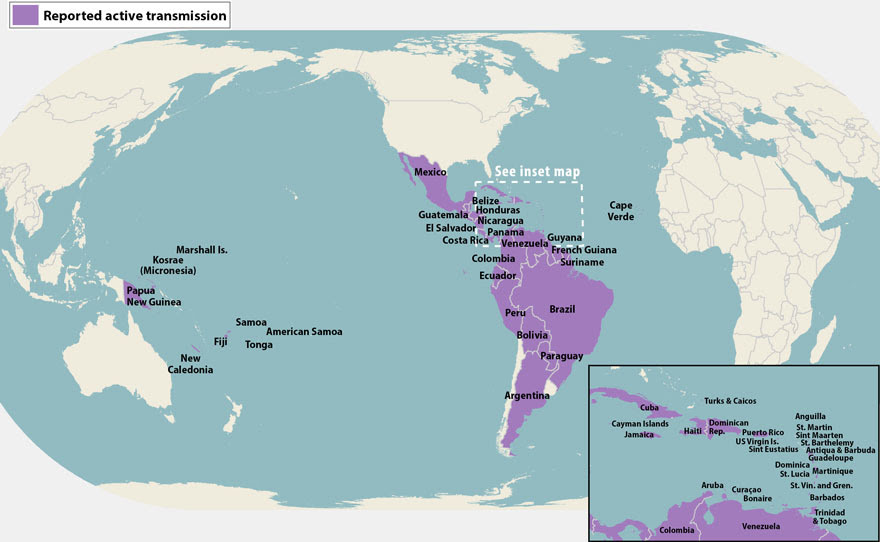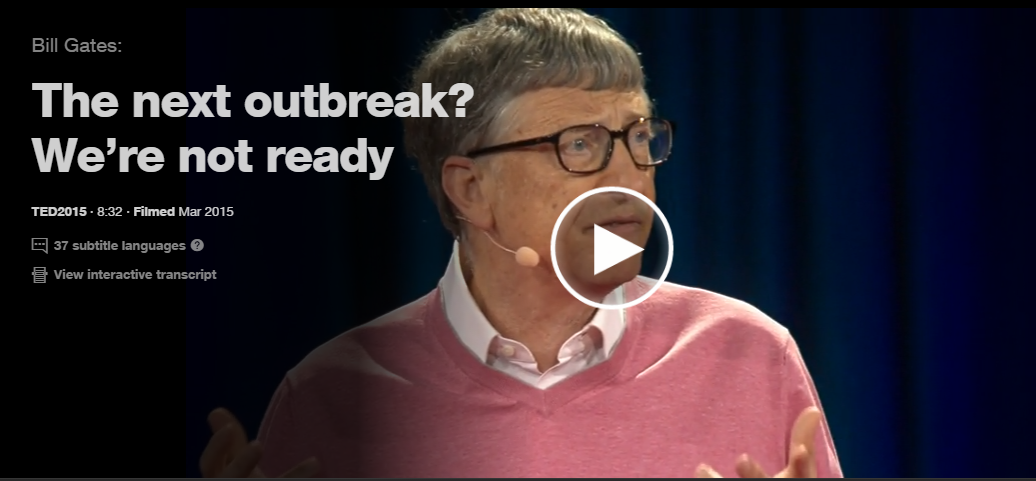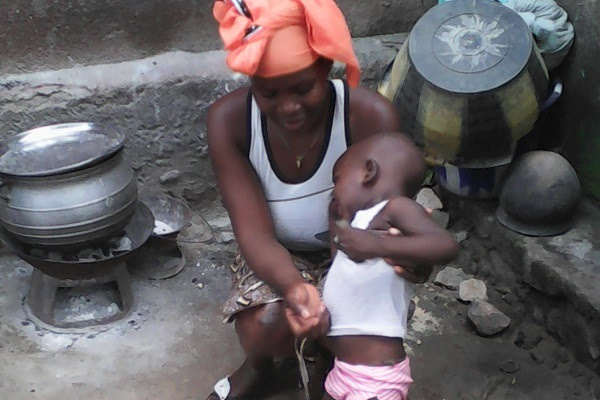
| Spotlighted Topic: Prepare Globally |
| CDC Zika Updates |
| In the News |
| On the Calendar |
 |
| FEATURED PHOTO |
| September is National Preparedness Month. Learn how CDC prepares globally. View full-sized photo |
| Blog | ||
| ||
| Infographic |
| THE POWER OF PREPAREDNESS |
| View full-sized infographic |

| Video | ||
| ||
| Story | ||
| ||
CDC Zika Updates

More resources on the CDC Zika website »
On January 22, 2016, CDC activated the Incident Management System and, working through the Emergency Operations Center (EOC), centralized the response to the outbreaks of Zika occurring in the Americas and increased reports of birth defects and Guillain-Barré syndrome in areas affected by Zika. On February 1, 2016, the World Health Organization declared a Public Health Emergency of International Concern (PHEIC) because of clusters of microcephaly and other neurological disorders in some areas affected by Zika. On February 8, 2016, CDC elevated response efforts to a Level 1 activation, the highest response level at the agency.
CDC is working with international public health partners and with state and local health departments to
- Alert healthcare providers and the public about Zika.
- Post travel notices and other travel-related guidance.
- Provide state health laboratories with diagnostic tests.
- Monitor and report cases of Zika, which will helps improve our understanding of how and where Zika is spreading.
In the News
On the Calendar
September: National Preparedness Month
September: Blood Cancer Awareness Month
September: Sickle Cell Disease Awareness MonthSept 9: International Fetal Alcohol Syndrome Awareness Day
Sept 10: World Suicide Prevention Day
Sept 15: World Lymphoma Awareness Day
Sept 21: World Alzheimer'sDay
Sept 28: World Rabies Day

























.png)











No hay comentarios:
Publicar un comentario